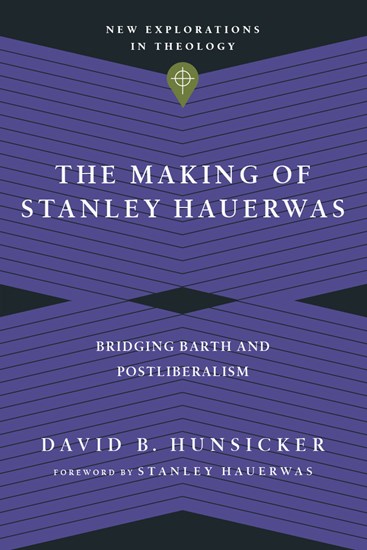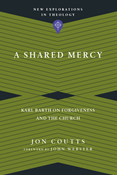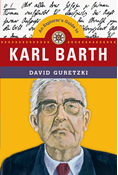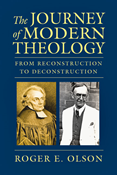
|
The Making of Stanley Hauerwas
paperback
|
- Length: 248 pages
- Dimensions: 6 × 9 in
- Published: September 10, 2019
- Imprint: IVP Academic
- Item Code: 4916
- ISBN: 9780830849161
-
Other Retailers:
Amazon*
Christianbook.com*
*affiliate partner
In the past half-century, few theologians have shaped the landscape of American belief and practice as much as Stanley Hauerwas. His work in social ethics, political theology, and ecclesiology has had a tremendous influence on the church and society. But have we understood Hauerwas's theology, his influences, and his place among the theologians correctly?
Hauerwas is often associated—and rightly so—with the postliberal theological movement and its emphasis on a narrative interpretation of Scripture. Yet he also claims to stand within the theological tradition of Karl Barth, who strongly affirmed the priority of Jesus Christ in all matters and famously rejected Protestant liberalism. These are two rivers that seem to flow in different directions.
In this New Explorations in Theology (NET) volume, theologian David Hunsicker offers a reevaluation of Hauerwas's theology, arguing that he is both a postliberal and a Barthian theologian. In so doing, Hunsicker helps us to understand better both the formation and the ongoing significance of one of America's great theologians.
Featuring new monographs with cutting-edge research, New Explorations in Theology provides a platform for constructive, creative work in the areas of systematic, historical, philosophical, biblical, and practical theology.
"To be put up against Barth, if only to suggest there is something to be said for my claim to be a Barthian, is profoundly humbling. . . . Why should anyone care if I am a Barthian? Little seems to hang on an answer to that question. Yet the care with which Hunsicker pursues that question means that it might matter not because there is a definitive answer but because the pursuit of an answer can tell us something about how theology needs to be done. In short, theology is best done in conversation with other theologians."
"This is an exceptional piece of scholarship. Extremely well researched yet written in an accessible and inviting voice, it represents a real contribution to the field. While David Hunsicker admits that numerous books about Hauerwas have already been written, he is right that Hauerwas' relationship to Barth has not been sufficiently addressed—and it matters. This book ought to be widely read by Barthians and Hauerwasians, as well as anyone interested in the landscape and contours of theology and ethics in the last century."
"David Hunsicker ends his delightfully lucid account of Hauerwas's theology with the assurance that his will not be the last word. But his book has definitively raised the standard for all future treatments of the main sources and impulses of Hauerwas's theological ethic."
"In mellifluous prose, Hunsicker makes the case that Hauerwas is not, as some scholars have recently charged, unconsciously an exponent of Protestant liberalism. But in making this case, Hunsicker gives us something even more valuable: a reckoning with Hauerwas's main sources that offers a new way of understanding the history of the past century of Protestant theology in America, with Hauerwas performing Barth's theology in a Yoderian mode in response to American idolatries. This book helps us to understand what Hauerwas's witness has meant and means."
"Hunsicker's book is thoroughly academic, well researched, and clearly organized. Carefully guiding his readers through his argument, he convincingly submits that Hauerwas is thoroughly Barthian in his rejection of Protestant liberalism in the American context. He effectively highlights the pragmatism of postliberal theology vis-à-vis Hauerwas's ecclesiocentric Christology under the influence of Barth, showing his readers how Barth's theology for the church is picked up, adapted, and applied by Hauerwas. This book is a must-read for understanding how these two important theologians affect contemporary discussions in missional ecclesiology."
CONTENTS
Foreword by Stanley Hauerwas
Acknowledgments
Abbreviations
Introduction
Part I: The Making of a Barthian Postliberal
1. The Stories that Made Stanley Hauerwas
2. With and Beyond Barth
3. Abortion, Theologically Understood
4. Breaking Barthian
5. Barthian Postliberalism Exemplified
Part II: The Schleiermacher Thesis Examined
6. Karl Barth's Theological Ethics
7. Stanley Hauerwas's Ecclesial Ethics
8. Casuistry and Christology
Part III: The Ritschl Thesis Examined
9. The Church’s Book
10. Salvation Belongs to Our Church?
11. Ecclesiocentrism without Liberalism
Conclusion
Bibliography
General Index







